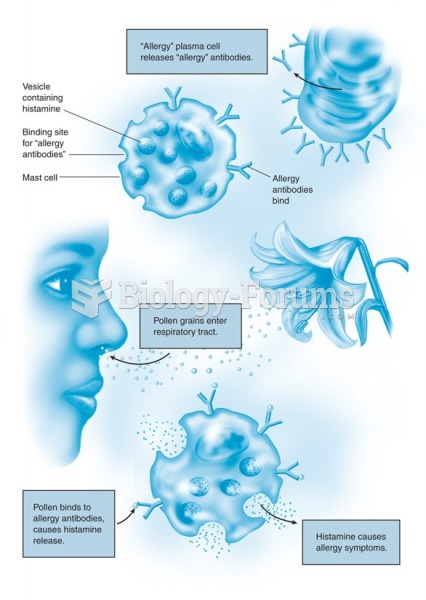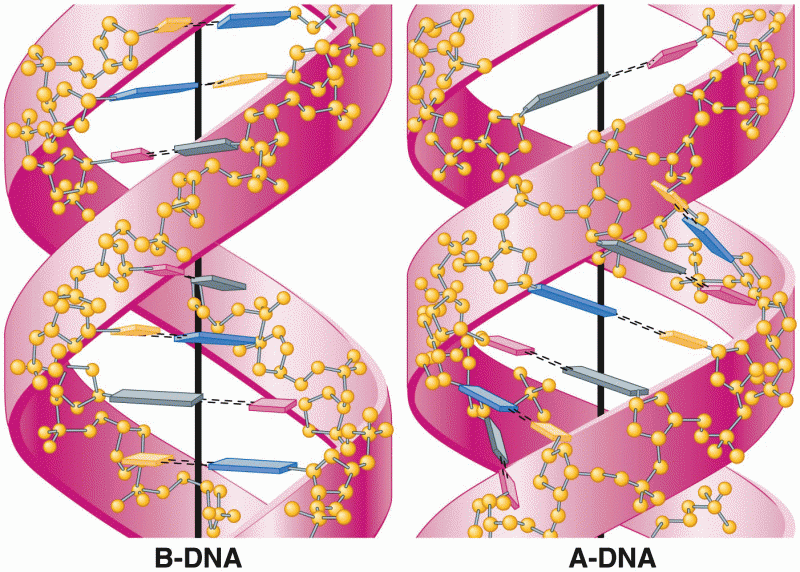|
|
|
Medication errors are more common among seriously ill patients than with those with minor conditions.
The human body's pharmacokinetics are quite varied. Our hair holds onto drugs longer than our urine, blood, or saliva. For example, alcohol can be detected in the hair for up to 90 days after it was consumed. The same is true for marijuana, cocaine, ecstasy, heroin, methamphetamine, and nicotine.
The immune system needs 9.5 hours of sleep in total darkness to recharge completely.
In most cases, kidneys can recover from almost complete loss of function, such as in acute kidney (renal) failure.
Common abbreviations that cause medication errors include U (unit), mg (milligram), QD (every day), SC (subcutaneous), TIW (three times per week), D/C (discharge or discontinue), HS (at bedtime or "hours of sleep"), cc (cubic centimeters), and AU (each ear).







